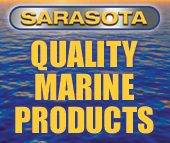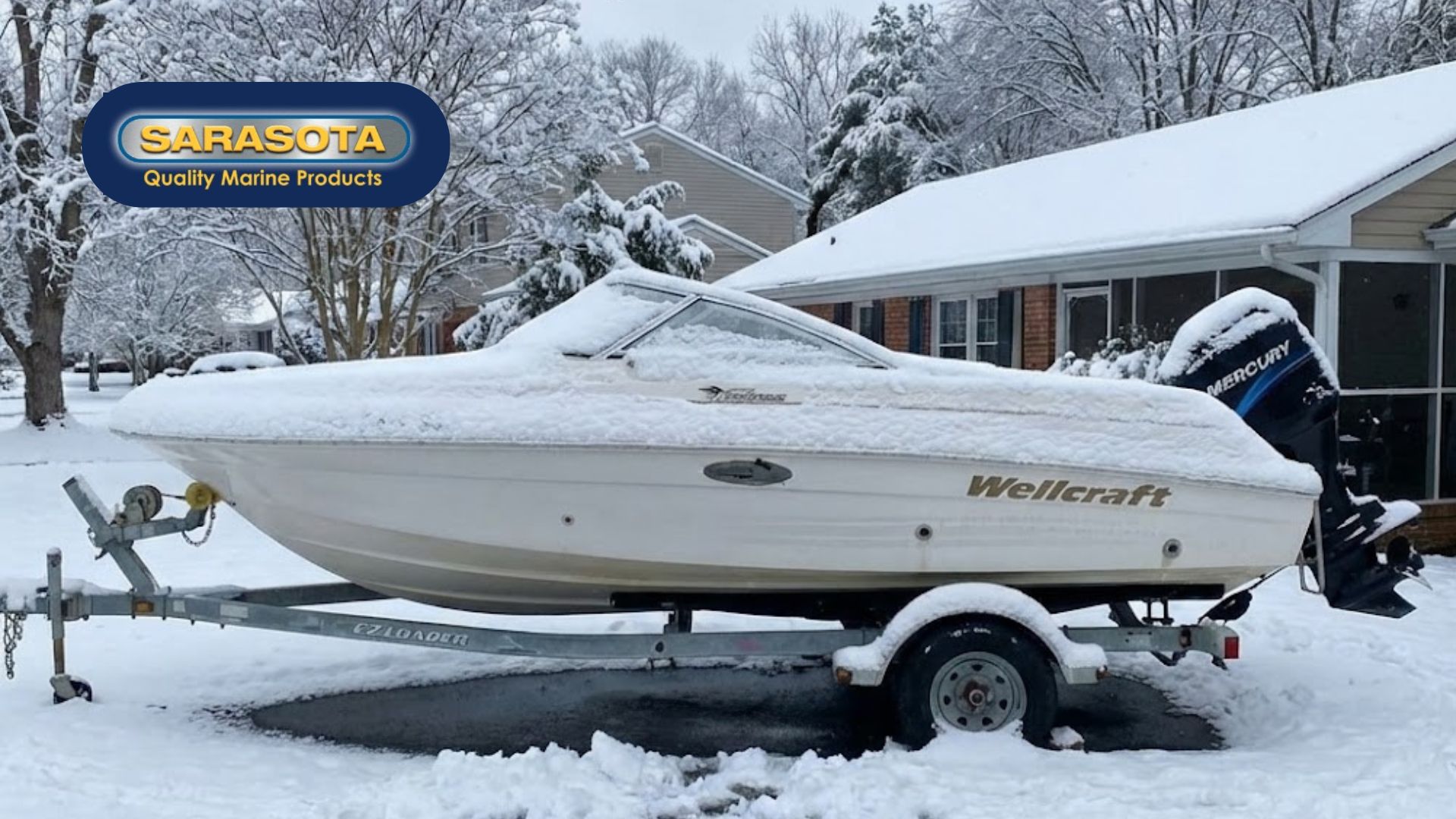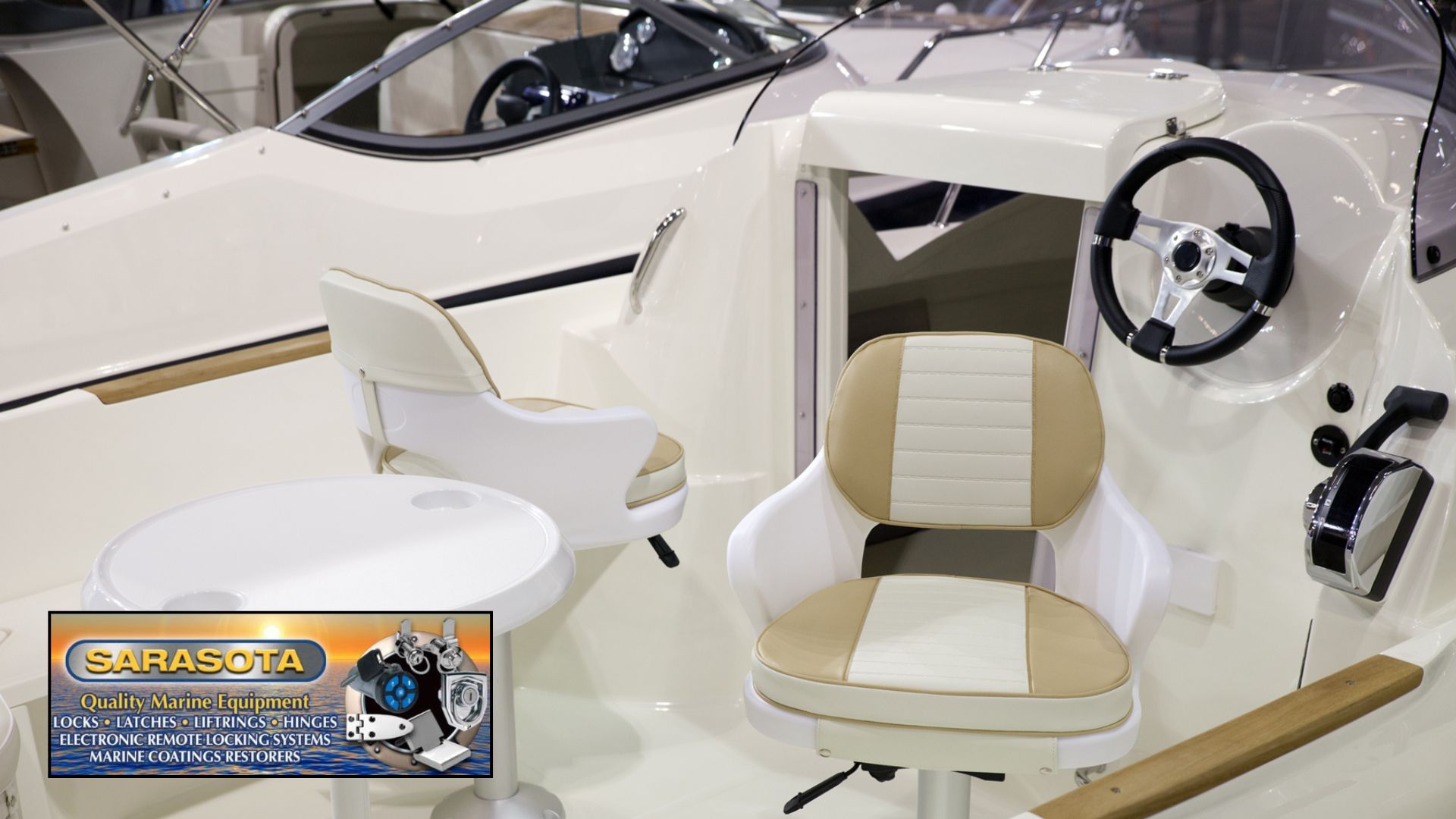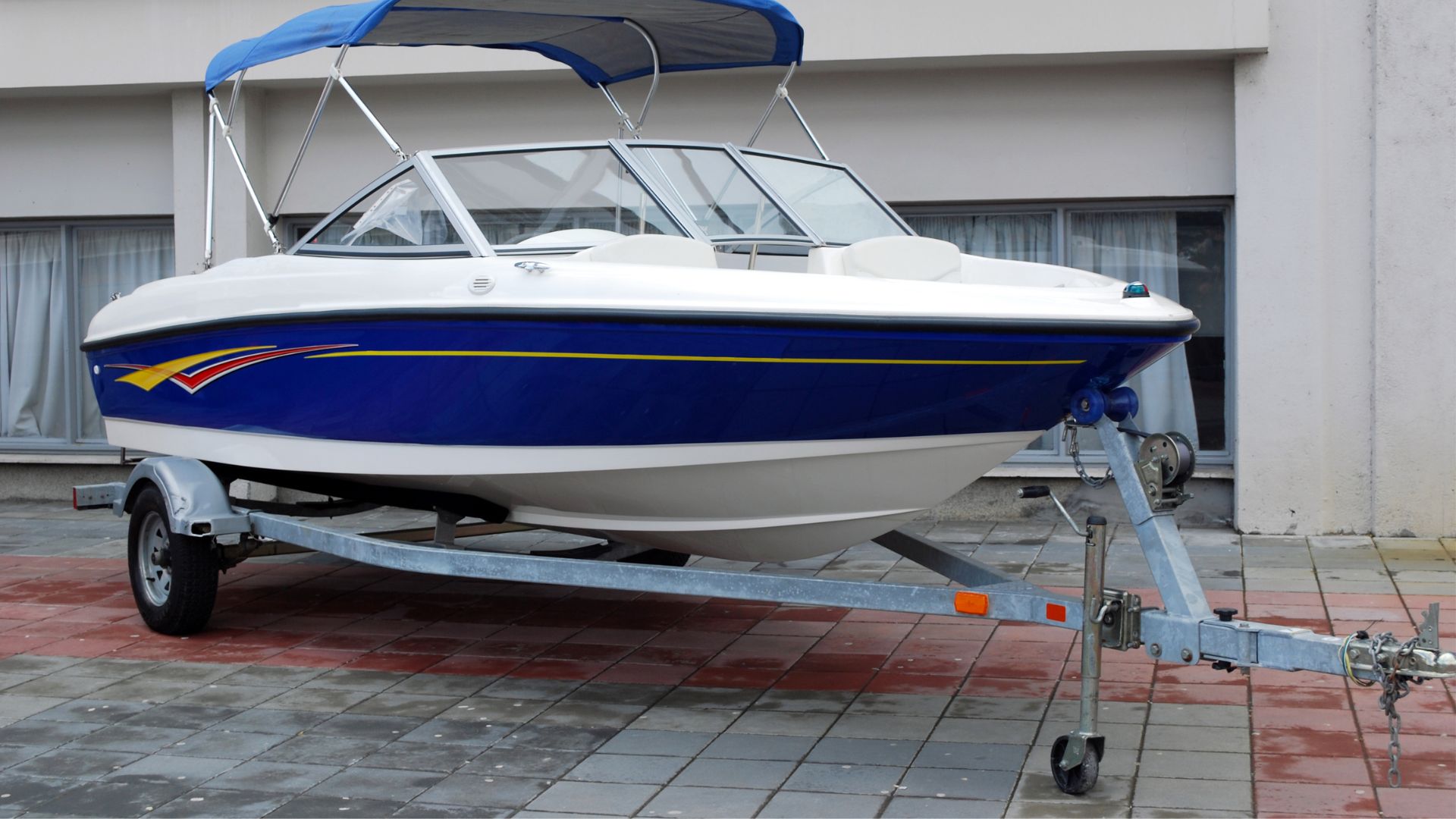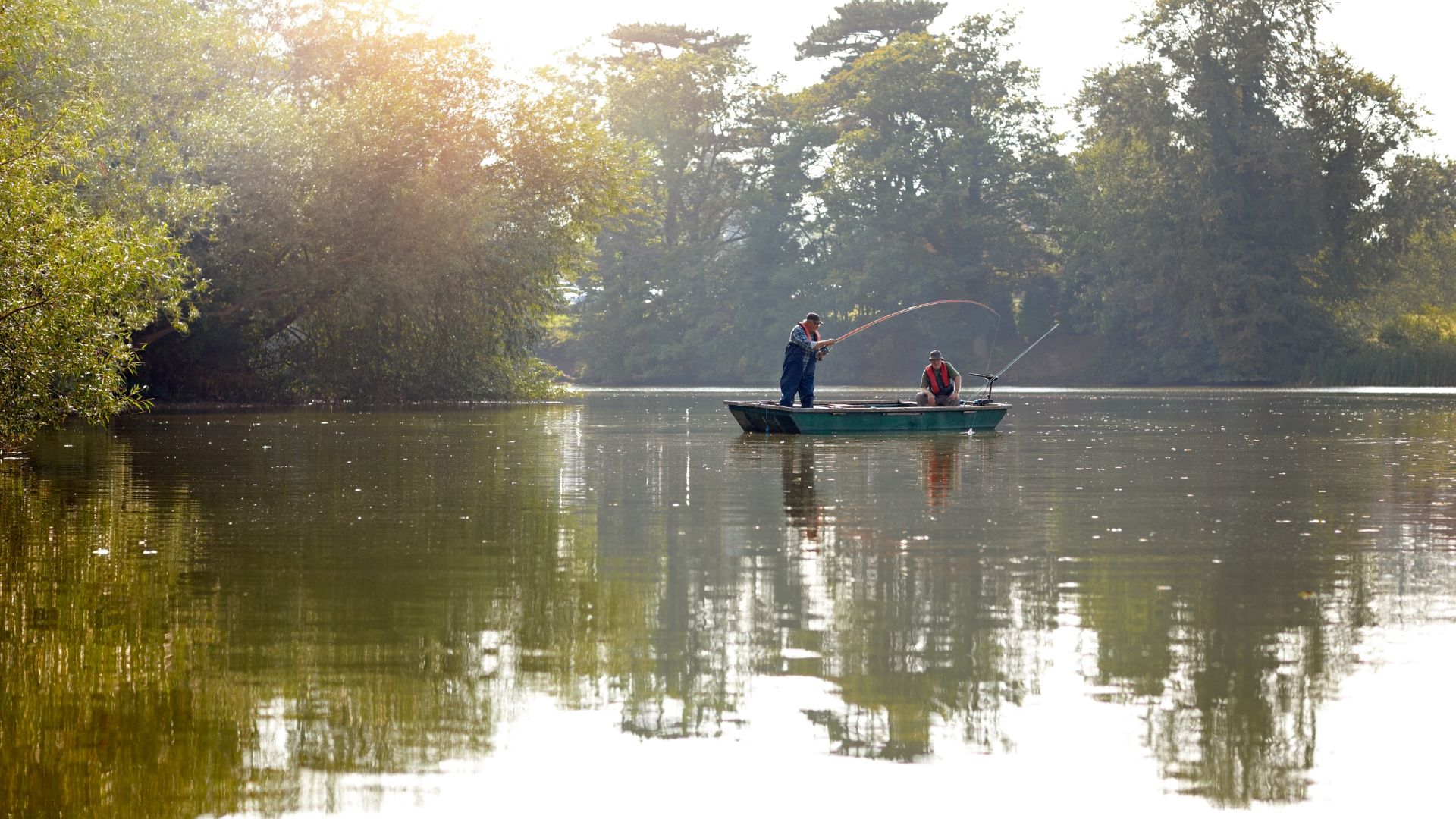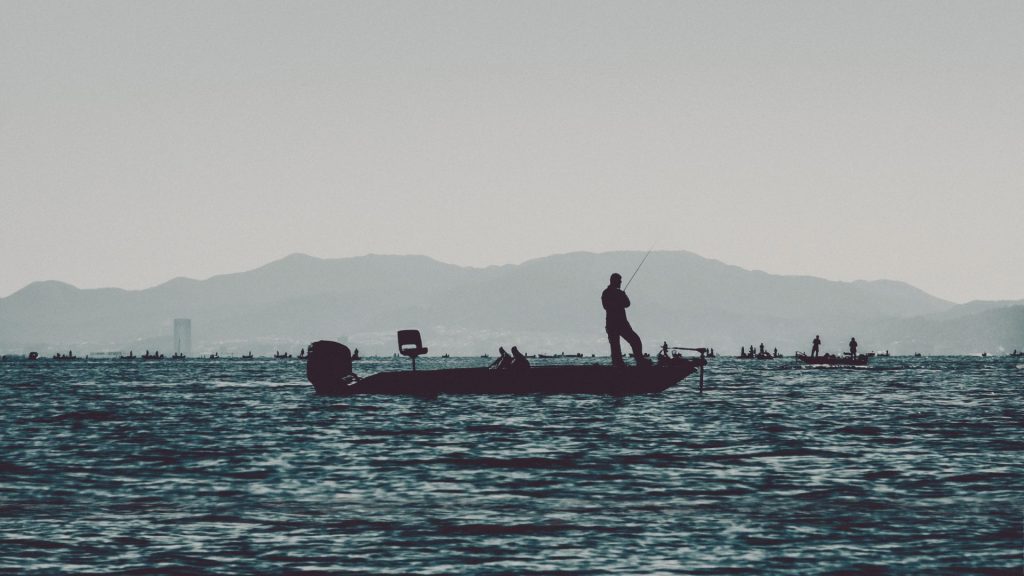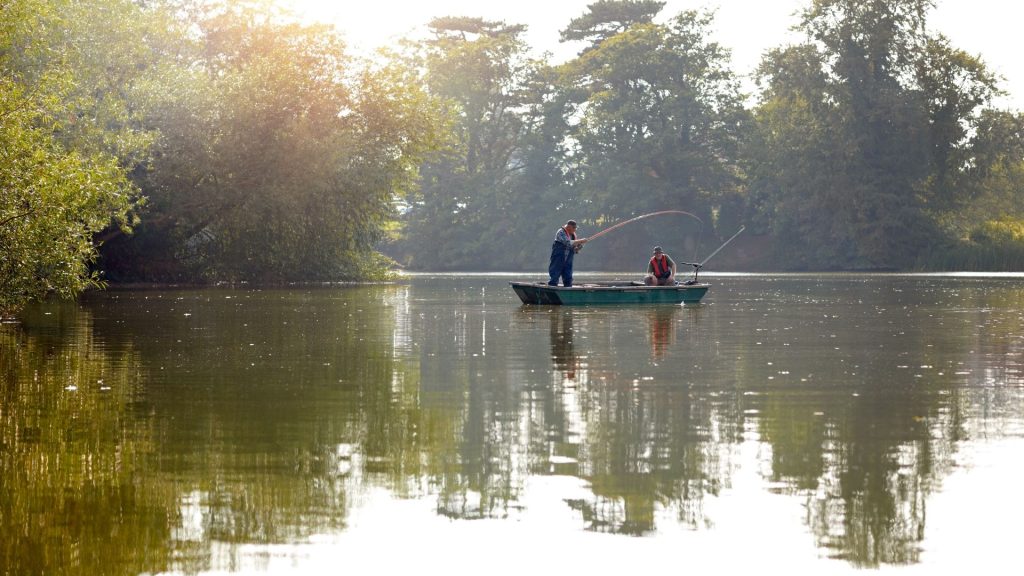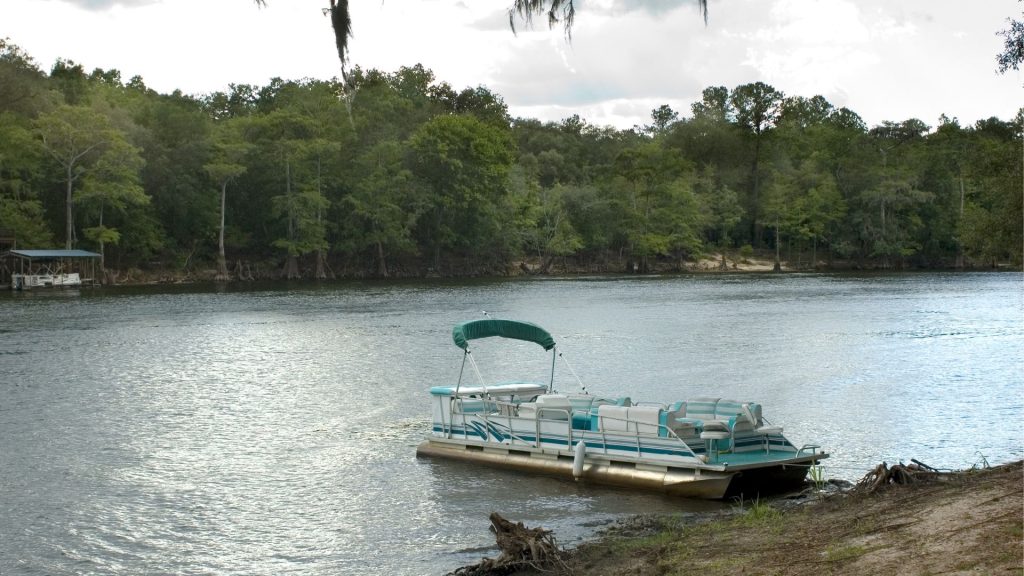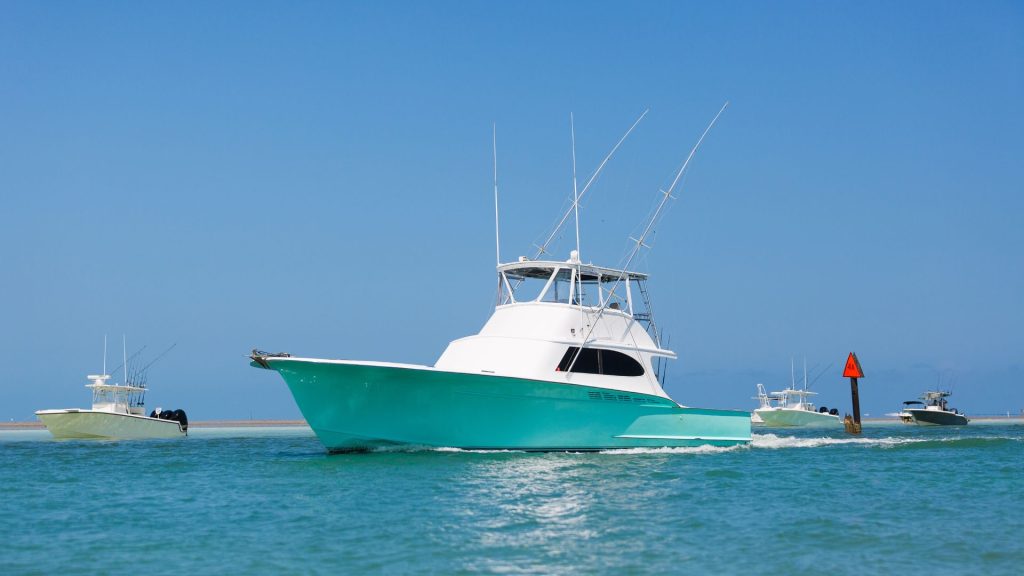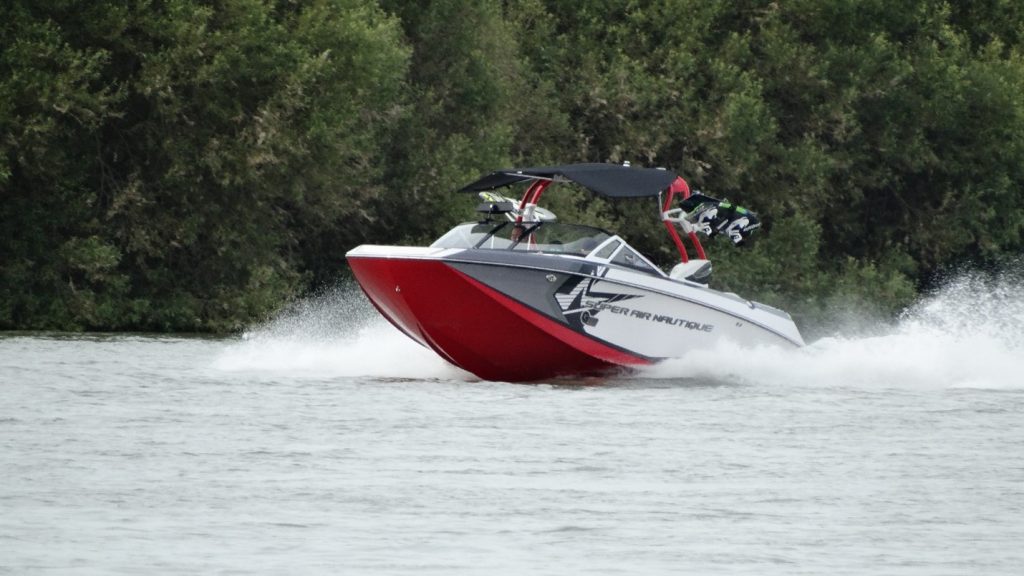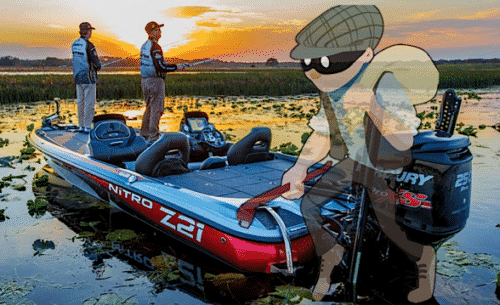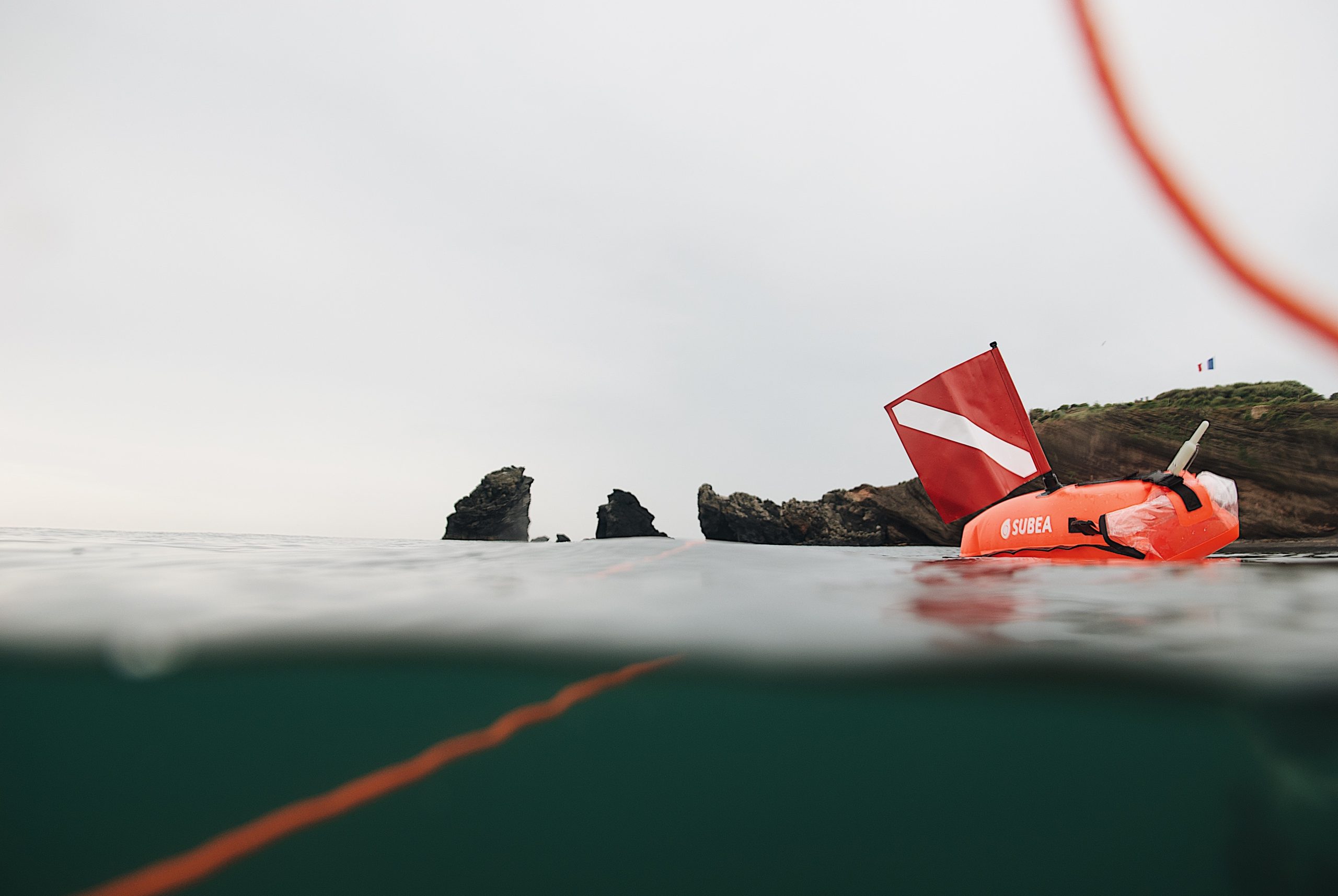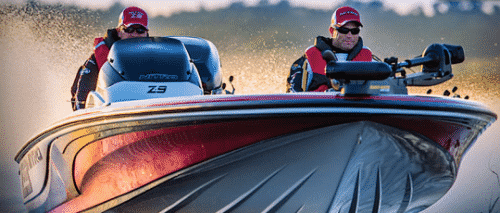Properly securing your boat to a trailer and ensuring a safe transport experience is crucial to maintaining the integrity of your watercraft. This blog post will discuss the best boat trailering tips, emphasizing The Key Captain Trim Engine Up/Down system. Learn how this tool can make your boat trailering experience safer and more efficient!
Choose the Right Trailer for Your Boat
The trailer should be designed for your boat’s size, weight, and type. A compatible trailer will protect your boat and make your trailering experience smoother and more secure.
Inspect and Maintain Your Trailer
Check for any signs of wear and tear, such as rust, damaged tires, or malfunctioning lights. Addressing these issues promptly will help prevent potential accidents and prolong the life of your trailer.
Load and Balance Your Boat Properly
Ensure the boat is centered on the trailer, with the weight evenly distributed. Improperly balanced boats can sway during transport, causing potential damage and increasing the risk of accidents.
Secure Your Boat with Quality Straps
Once your boat is correctly loaded onto the trailer, secure it with high-quality straps. Ensure the straps are tight and in good condition, as loose or damaged straps can lead to accidents or damage to your boat.
Utilize The Key Captain
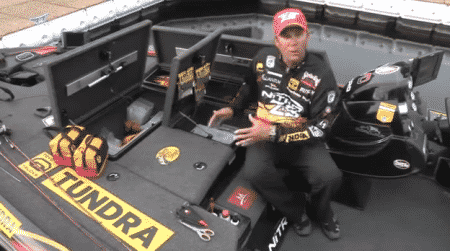
The Key Captain system is an innovative remote control device that simplifies boat trailering. The Trim Engine Up/Down feature allows you to remotely raise or lower your boat’s outboard or stern drive engine. This function is beneficial when loading and unloading your boat, enabling you to control the engine position without being physically at the helm.
With The Key Captain system, you can ensure your boat’s engine is in the optimal position for trailering.
Check Your Tow Vehicle’s Capacity
Before hitting the road, ensure your tow vehicle can safely handle the weight of your boat and trailer. Check the vehicle’s owner’s manual for its towing capacity and ensure it’s sufficient for your needs. Overloading your tow vehicle can lead to accidents and damage to your car and your boat.
Perform a Final Walkaround and Safety Check
Before leaving, perform a final walkaround of your boat and trailer to ensure everything is secure and in proper working order. Check the hitch connection, safety chains, lights, and tire pressure.
Conclusion
Boat trailering doesn’t have to be a stressful experience. Remember that proper preparation and attention to detail are crucial for protecting your valuable watercraft and enjoying a worry-free trailering experience.
Order The Key Captain Today!
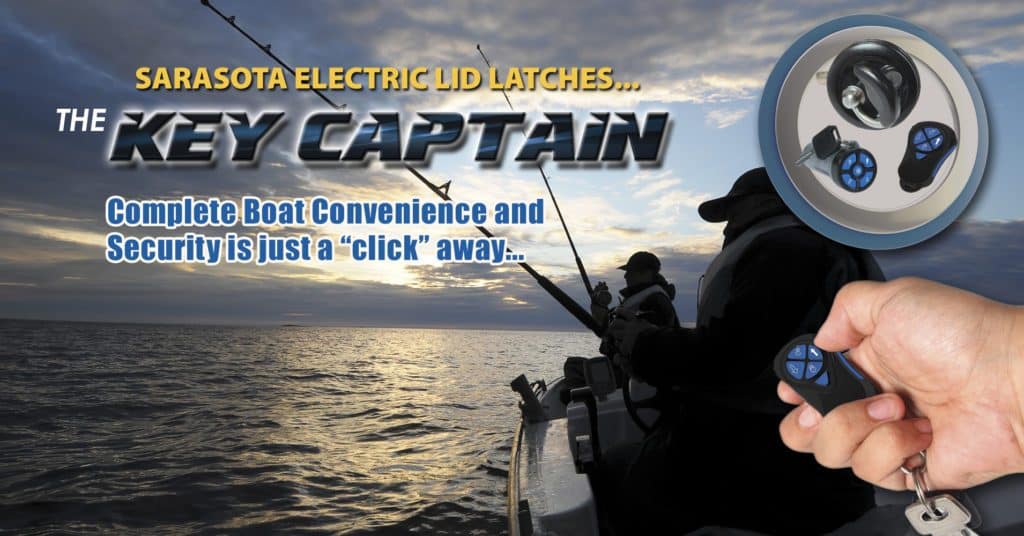
The Key Captain Is A State Of The Art Electronic Locking System Ideal For Bass and Other Fishing Boats. If You Need Someone To Walk You Through The Options, call us at 1-440-899-9820, Monday-Friday, from 9 am to 5 pm EST. Or let us know if you’d like to have it installed on a new boat or retrofitted onto your boat through a dealer near you
